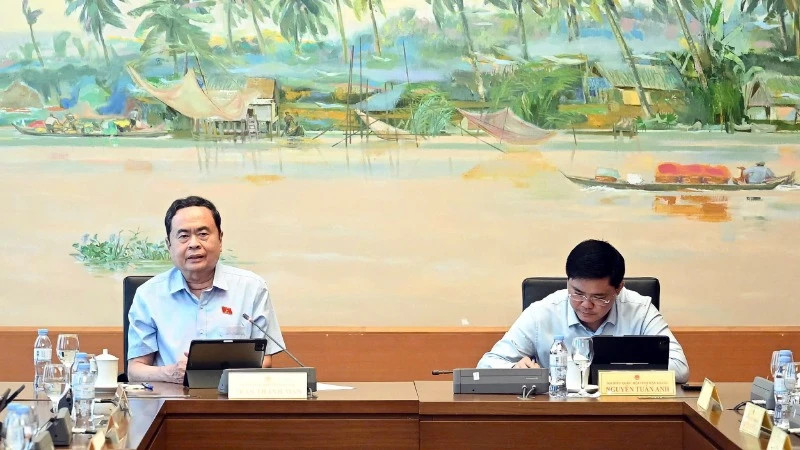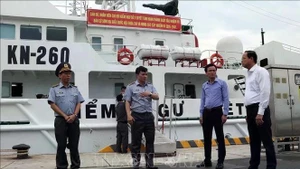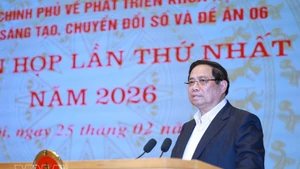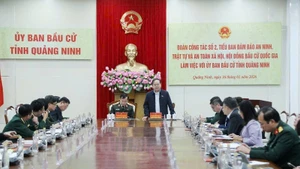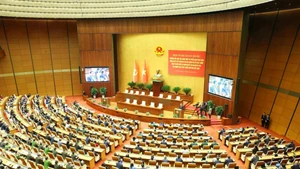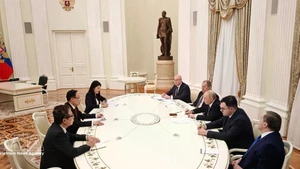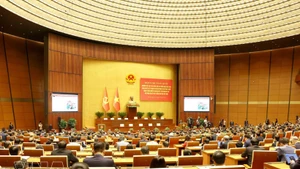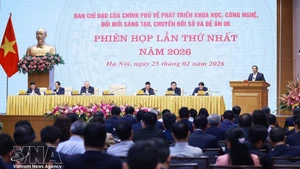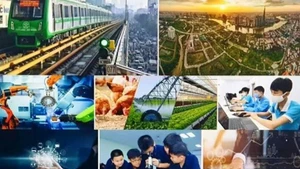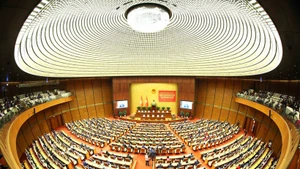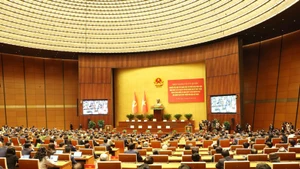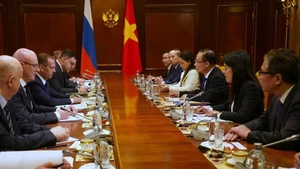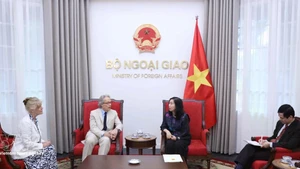Presenting the report on explanation, acceptance and revision of the draft law, Nguyen Dac Vinh, Chairman of the NA’s Committee on Culture and Society, said that assigning recruitment authority to the education sector is necessary in creating conditions for the sector to be proactive in recruiting, using, managing and developing teachers, meeting the requirements on quantity, structure, and quality; and in contributing to overcoming the situation of local surplus, shortage, and imbalance in the structure of teachers.
Delegate Dang Bich Ngoc from Hoa Binh stated the reality that the need to transfer teachers between schools in the same system is currently very common, especially at preschool, primary, and secondary levels.
However, the draft law has not clarified the role of state management agencies in coordinating human resources and coordinating with heads of educational institutions when recruiting and transferring in cases where the prescribed conditions are met.
Therefore, if only the recruitment rights are stipulated for principals when the conditions are met without a clear coordination or decentralisation mechanism, it will easily lead to a lack of system cohesion.
According to the Government’s submission, the draft Law on Science, Technology and Innovation has 8 chapters and 83 articles (an increase of 2 articles compared to the 2013 Law on Science and Technology).
The draft law is designed according to the principles of reducing administrative procedures, strengthening post-auditing, comprehensive digital transformation in the management and operation of science, technology and innovation; changing thinking towards effective management, not process management; attracting non-state budget investment sources for science and technology through encouraging enterprises to invest and sponsor funds for scientific research and technology development.
Discussing in groups during the working session yesterday afternoon, many delegates expressed their agreement with the necessity of promulgating the law, however, it is necessary to clarify more breakthrough regulations, promote decentralisation, delegation of power, simplify administrative procedures, and focus on policies to create development in sync with management.
